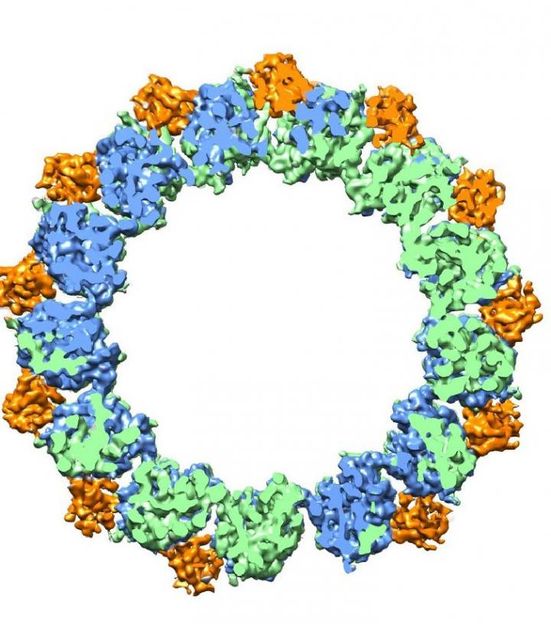PolyPid Announces US Patent Allowance for Sustained Release of Nucleic Acid Matrix Compositions
PolyPid announced that the United States Patent and Trademark Office (USPTO) has issued a Notice of Allowance for U.S. application Serial Number 13/574,040, a patent covering compositions for sustained and/or controlled release of nucleic acid agents. A Notice of Allowance is the formal USPTO notification that an applicant is entitled to a patent under the law.
This allowance follows a notice before allowance, received earlier this year for an Israel patent application No. 210437, corresponding applications of which are currently under examination in the U.S., China and Japan. The Israel patent application entitled: "Sustained-release drug carrier composition" covers PolyPid's drug delivery platform for sustained release of pharmaceutically active agents.
The subject patent application covers PolyPid’s platform for delivery of nucleic acid agents, and specifically relates to compositions comprising a non-covalent matrix of pharmaceutically approved polymers and lipids for sustained release of nucleic acid agents (e.g. nucleic acid-based drugs).
PolyPid's delivery platform enables efficient local delivery and release of the nucleic acid agents directly at a disease site for periods of time ranging from several days to several months. Many types of nucleic acid-based drugs (such as siRNA etc.) may be incorporated in PolyPid's matrix compositions.
“The patent is an important milestone in the commercialization of PolyPid’s drug delivery platform technology, and is recognition of the platform’s uniqueness,” said Dr. Noam Emanuel, PolyPid’s Chief Technology Officer. “PolyPid’s platform is highly flexible, and can be designed to adapt its combined characteristics and performance to solve a wide range of medical objectives in a variety of clinical fields.”
Other news from the department research and development

Get the life science industry in your inbox
By submitting this form you agree that LUMITOS AG will send you the newsletter(s) selected above by email. Your data will not be passed on to third parties. Your data will be stored and processed in accordance with our data protection regulations. LUMITOS may contact you by email for the purpose of advertising or market and opinion surveys. You can revoke your consent at any time without giving reasons to LUMITOS AG, Ernst-Augustin-Str. 2, 12489 Berlin, Germany or by e-mail at revoke@lumitos.com with effect for the future. In addition, each email contains a link to unsubscribe from the corresponding newsletter.

























































